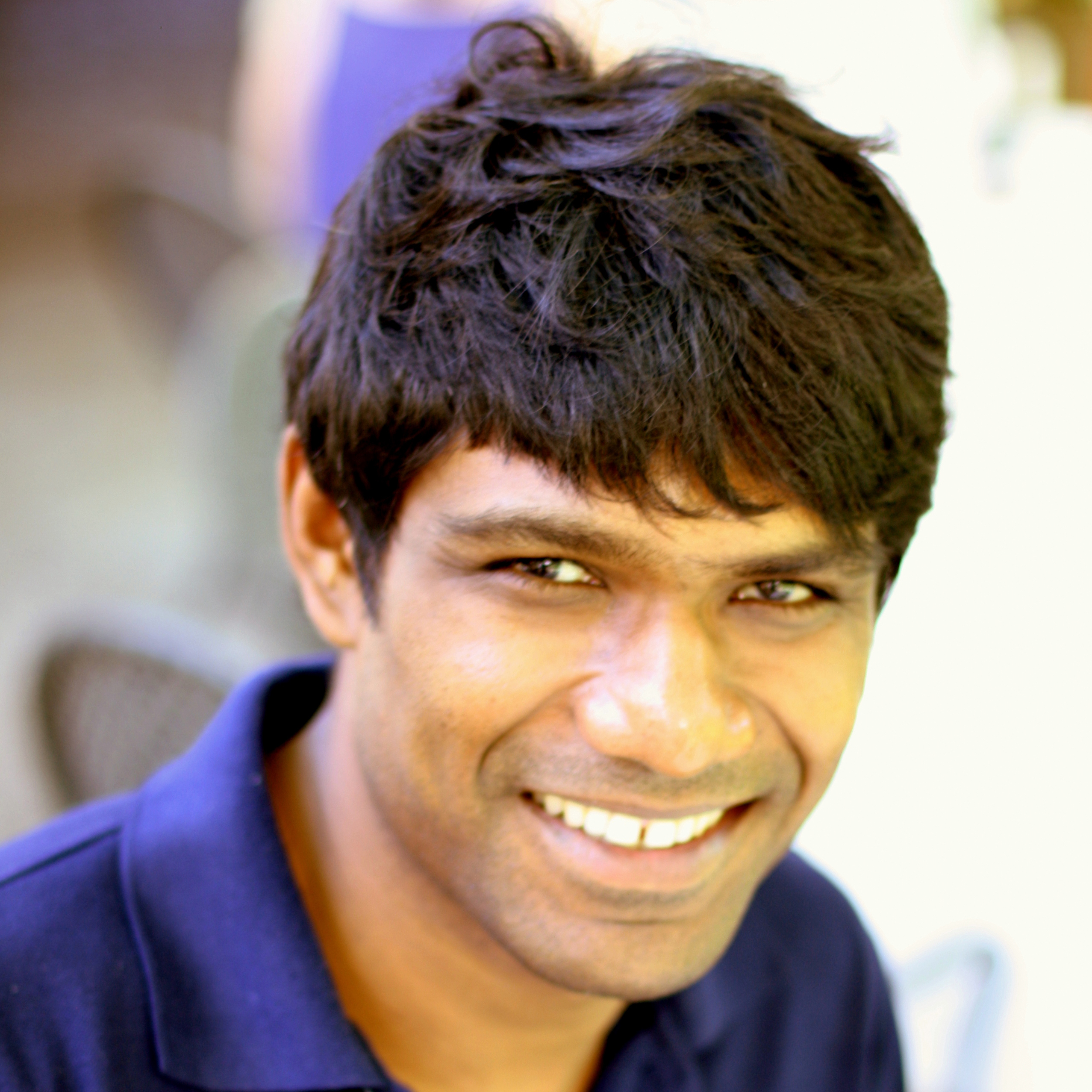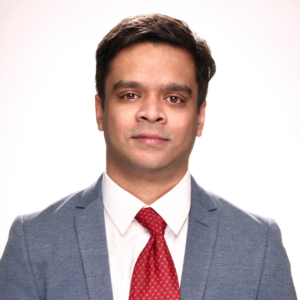
Nashville, Tennessee
Speaker: Claudio Cicconetti, IIT-CNR
Date: TBA
Time: TBA
Thanks to recent advances of technologies for the manipulation of matter at very small scale, quantum technologies are experiencing a significant boost of public and private investments, as well as raising interest in the scientific community. Quantum computing addresses the construction and operation of quantum computers to solve more efficiently instances of specific problems that are difficult to tackle with classical computers. On the other hand, quantum communications cover the transmission of quantum states across distances.
 Claudio Cicconetti
IIT-CNR
Claudio Cicconetti
IIT-CNR
|
After being awarded a PhD in Information Engineering from the University of Pisa (Italy) and following an experience as a postdoc researcher in the same university, Claudio Cicconetti has been working in Intecs S.p.a. (Italy) from 2009 to 2013 as an R&D manager and in MBI S.r.l. (Italy) from 2014 to 2018 as a principal software engineer. He is now a senior researcher in the Ubiquitous Internet group of IIT-CNR (Italy). He has been involved in several international R&D projects funded by the European Commission and the European Space Agency. He serves as a member of the TPC of several international conferences (IEEE PerCom, IEEE SMARTCOMP, IEEE WoWMoM, . . . ) and he is an editor of the IEEE Networking Letters. He co-authored 60+ papers published in international journals and peer-reviewed conference proceedings and two international patents. His main research interests are serverless edge computing and quantum networking. He has an Erdös Number 3. |
Speakers: Samitha Samaranayake, Cornell University & Ayan Mukhopadhyay, Vanderbilt University
Date: TBA
Time: TBA
A well-functioning public transit system fosters the growth and expansion of businesses, distributes social and economic benefits, and links the capabilities of community members. Transit as a service is especially important for low-income communities and individuals with disabilities (or short-term issues) as they often do not own (or are temporarily unable to use) private vehicles and must rely on public transit for connecting to employment opportunities, education, healthcare, and other essential services. Further, as we face an alarming climate crisis, reducing personal vehicle usage and prioritizing efficient public transit promises a more sustainable future. There are more than 7000 public transit agencies in the U.S., which collectively serve more than 60 billion passenger miles. However, many transit agencies struggle to meet their mission due to decreasing ridership, increasing operational costs, and competition from commercial providers. This tutorial will explore fundamental algorithmic and data-driven approaches to optimize transportation networks. We will discuss prior work on optimizing ridership, coverage, energy consumption, and equity and explore how the future of public transit will shape the future of our smart cities. We will also share open-source data curated by our team that can serve as a benchmark for optimizing some transit optimization problems.
 Samitha Samaranayake
Cornell University
Samitha Samaranayake
Cornell University
|
Samitha Samaranayake is an Assistant Professor in the School of Civil and Environmental Engineering and a Graduate Field Faculty in the School of Operations Research and Information Engineering, the Center for Applied Math, and the Systems Engineering Program at Cornell. Before joining Cornell, he was a Postdoctoral Associate in the Laboratory for Information and Decision Systems (LIDS) at the Massachusetts Institute of Technology (MIT) and a contributing participant in the Institute for Pure and Applied Mathematics long program on New Directions in Mathematical Approaches for Traffic Flow Management in Fall 2015. Samitha holds a Ph.D. in Systems Engineering from the University of California, Berkeley. |
 Ayan Mukhopadhyay
Vanderbilt University
Ayan Mukhopadhyay
Vanderbilt University
|
Ayan Mukhopadhyay is a research scientist at Vanderbilt University, USA. His research interests include multi-agent systems, robust machine learning, and decision-making under uncertainty for social impact. He is the recipient of the Google AI Impact Scholar Award 2021. Before this, he was a Post-Doctoral Research Fellow at the Stanford Intelligent Systems Lab at Stanford University. Ayan holds a Ph.D. in Computer Science from Vanderbilt University. |
| © 2023 Vanderbilt University, IEEE Computer Society, and Missouri S&T |